How to stop emotional eating for good, so you can build a better relationship with food
Learning how to stop emotional eating will allow you to focus on fuelling yourself up with nourishing meals...
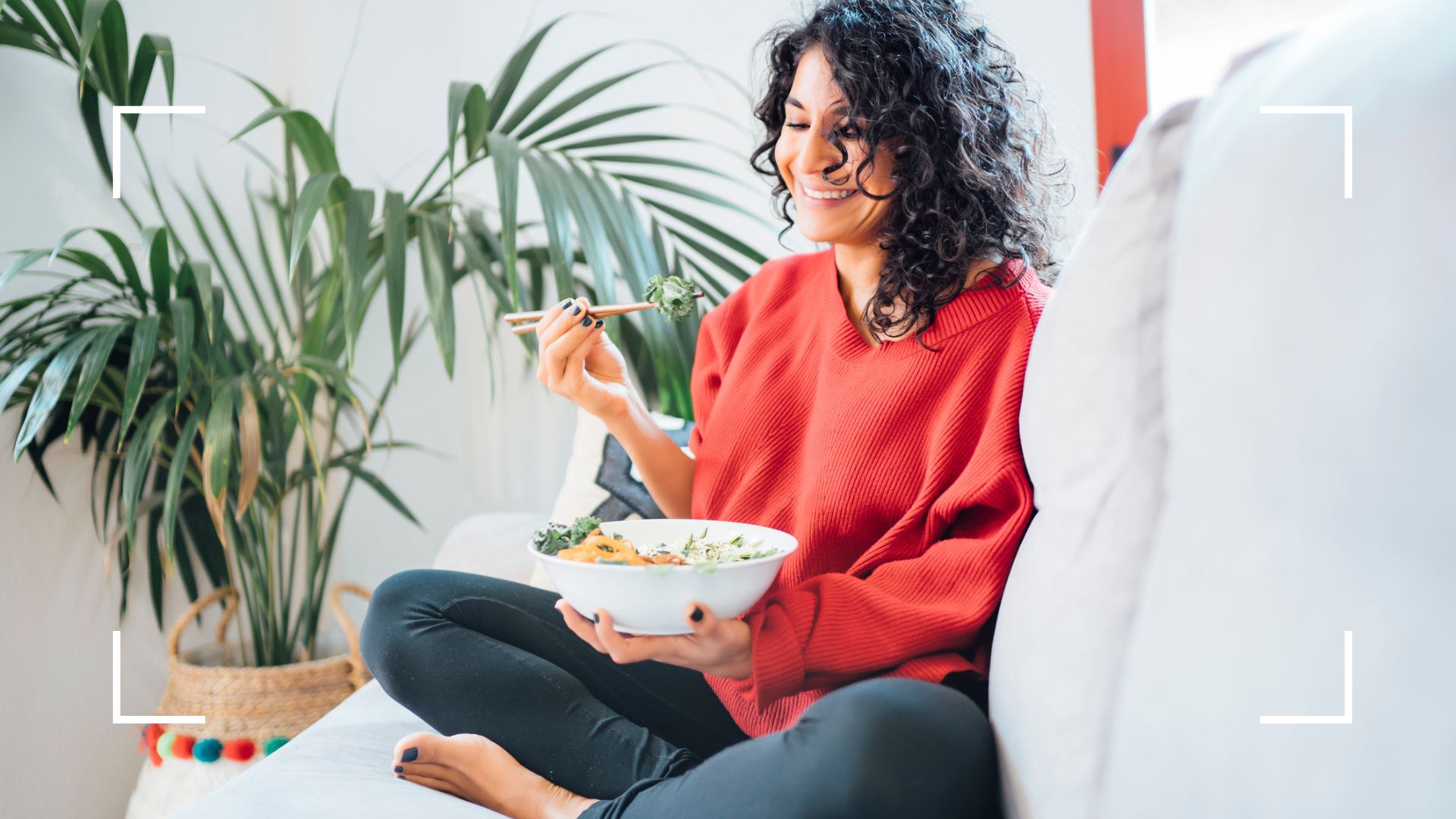

Learning how to stop emotional eating will help you to forge a better relationship with food. Turning to meal and snacks to satisfy hunger - as opposed to approaching them as comfort or to reward yourself - can be easier said than done. But getting back in tune with your body and focusing on fuelling it with nourishing dishes will help boost your physical and mental health.
Indeed, emotional eating - which is more common in women than men - can trigger feelings of shame and guilt, particularly if it leads to overeating and weight gain. It is important to know that it's not your fault, and can be caused by a variety of factors - including everything from a stressful work deadline to not feeling at ease in a romantic relationship and the pressures of busy, modern lifestyles. We've called on the experts to explain the common reasons why it can happen.
They will also share their best advice on how to find some balance with your meals and cultivate body confidence - separating appetite, which is simply the desire to eat, from genuine hunger cues. What's more, they will reveal the how to improve your nutrition; including the best healthy snacks and how to ward off particular food cravings. But this isn't about denying yourself and finding out how to stop eating chocolate, it's about powering yourself in a way that leaves you feeling good.
Why does emotional eating happen?
There are a range of reasons why you could be suffering from emotional eating. "We often eat to change how we feel," says Dr Aria Campbell-Danesh, a behavioral psychologist who specializes in weight management. “We’re more motivated to eat if we’re sad, angry and bored, or as a reward.”
However, it goes further than emotions, according to Dr Campbell-Danesh. "The human appetite is designed to regulate the amount of food that our bodies need," she explains. "However, in a society in which we’re bombarded with food advertising and high-sugar foods engineered to promote overconsumption, we’re off-kilter.”
Our modern lives also make mindful eating - which focuses on being fully present while consuming food - much more difficult. “Family responsibilities, relationships and work demands mean that mealtimes are frequently relegated in importance,” notes Dr Campbell-Danesh. “We skip meals, eat in our cars and scoff a sandwich while checking emails. This all aids overeating.”
There might also be hormonal changes going on, particularly if you're passing through the perimenopause or menopause. “The drop in estrogen and progesterone causes an increased craving for sugar,” notes Dr Marilyn Glenville, author of Natural Solutions to Menopause. This could be one of several reasons for menopause weight gain.
Sign up for the woman&home newsletter
Sign up to our free daily email for the latest royal and entertainment news, interesting opinion, expert advice on styling and beauty trends, and no-nonsense guides to the health and wellness questions you want answered.
It may also be that your levels of leptin, a hormone that plays a key role in hunger, are out of balance. “If you’re finishing meals but are still hungry, then the guilty party might be leptin,” says Steve Bennett, author of Primal Cure. “After we’ve eaten, our body is supposed to tell us that we are full by dispatching leptin from our fat stores to tell us to stop sending supplies. But if something goes wrong with our leptin balance then we will crave food all day.” If this sounds familiar, then ask the advice of your doctor who can arrange a blood test.
How to stop emotional eating
“The easiest way to stop emotional eating is to reconnect to your body’s natural appetite system,” says Dr Campbell-Danesh. “The more that we can move towards eating when we’re hungry and stopping when we’re full, the less likely we will be to overeat. For most people, this will result in having three meals - and one or two snacks - per day.” These are just some of the ways you can learn how to eat less while still fuelling yourself up properly.
Switching to a fiber-rich diet can also help. "It flushes toxins and hormones through the body, and keeps you fuller for longer,” says Bennett. Good sources include wholewheat pasta, whole grains, dark leafy vegetables, brown rice and tomatoes. Additionally don't fear fats. He recommends healthy fats rich in the benefits of omega-3 – such as salmon, nuts, avocado, coconuts and olives. Whatever the contents of your plate, you want to be nourishing yourself properly and warding off nutrient deficiency.
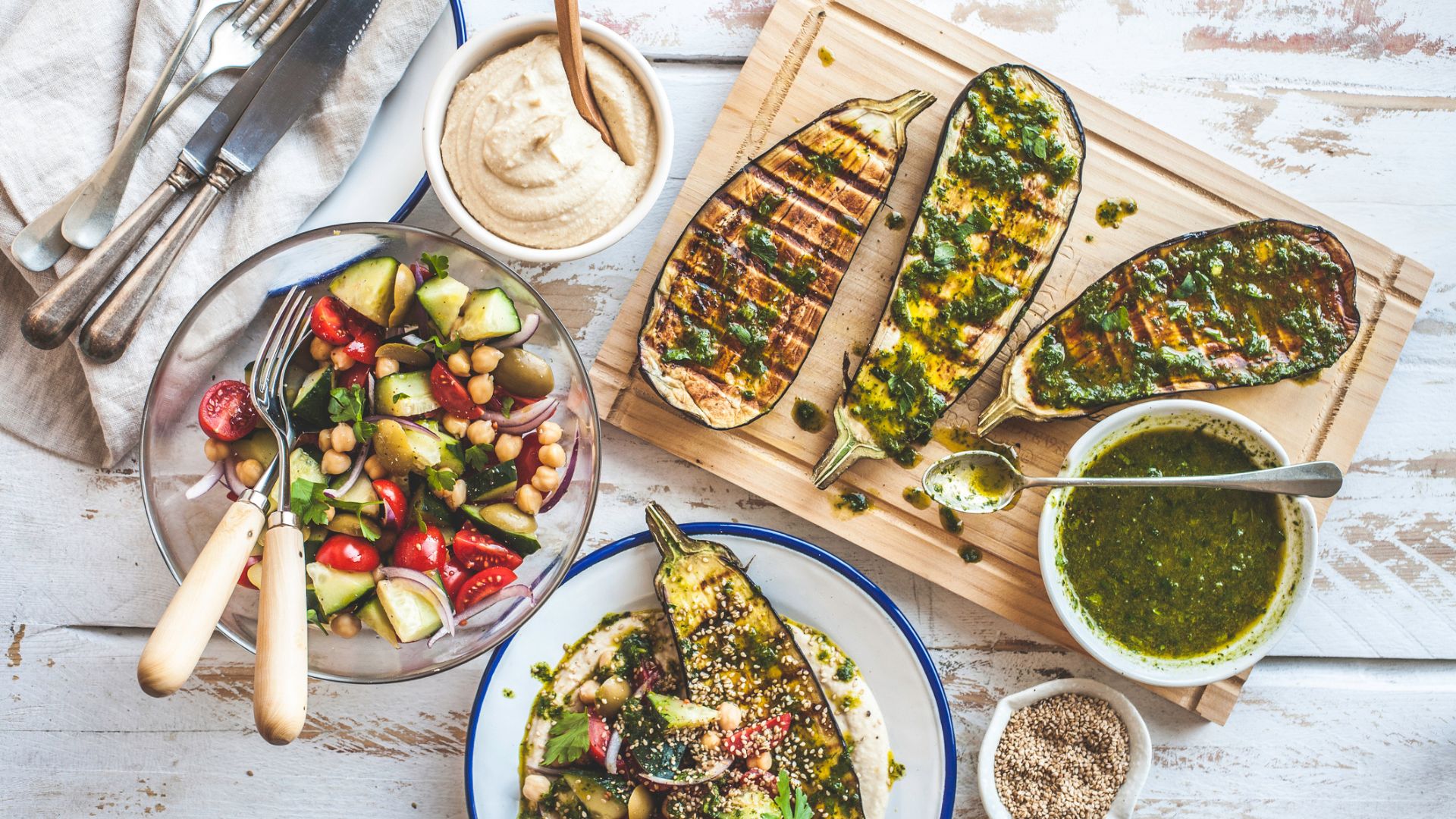
Best healthy snacks to stop emotional eating
Need something between meals? Dr Campbell-Danesh recommends sticking to 'real' foods rather than 'healthy' snack bars, to aid slow energy release and prevent blood sugar spikes. Here is some nutritious culinary inspiration:
- Half a smashed avocado on one slice of sourdough
- Peppers and courgettes with houmous
- One wholegrain pitta with baba ganoush
- Crab meat and mayo on one slice of rye bread
- One poached egg with smoked salmon
- Sliced apple with a spoonful of nut butter
- Medjool dates filled with walnuts and pecans
- Greek yogurt with fresh raspberries and blueberries
Understanding food cravings
You’re craving: Coffee
What you need… more energy
A sudden urge for a strong coffee could be a sign of iron deficiency. Not having enough iron to help transport oxygen around the body causes lethargy, often fuelling the need for a caffeine hit.
You're craving: Chocolate
What you need… comfort
We may crave chocolate because psychologically, we need a 'treat' and, physiologically, we need a sugar fix.
You're craving: Curry
What you need… an immunity boost
Chilli, turmeric and ginger are great for combatting a cold and boosting your immune system, so craving for curry could indicate that you’re feeling a little under the weather.
You’re craving: Doughnuts
What you need… more sleep
An urge for 'quick fix' sugary treats, such as cakes and biscuits, can be a sign your blood-glucose levels are low. People who skip breakfast are more likely to be obese and have larger waists.
Lauren is the former Deputy Digital Editor at woman&home and became a journalist mainly because she enjoys being nosy. With a background in features journalism, Lauren worked on the woman&home brand for four years before going freelance. Before woman&home Lauren worked across a variety of women's lifestyle titles, including GoodTo, Woman's Own, and Woman magazine.
-
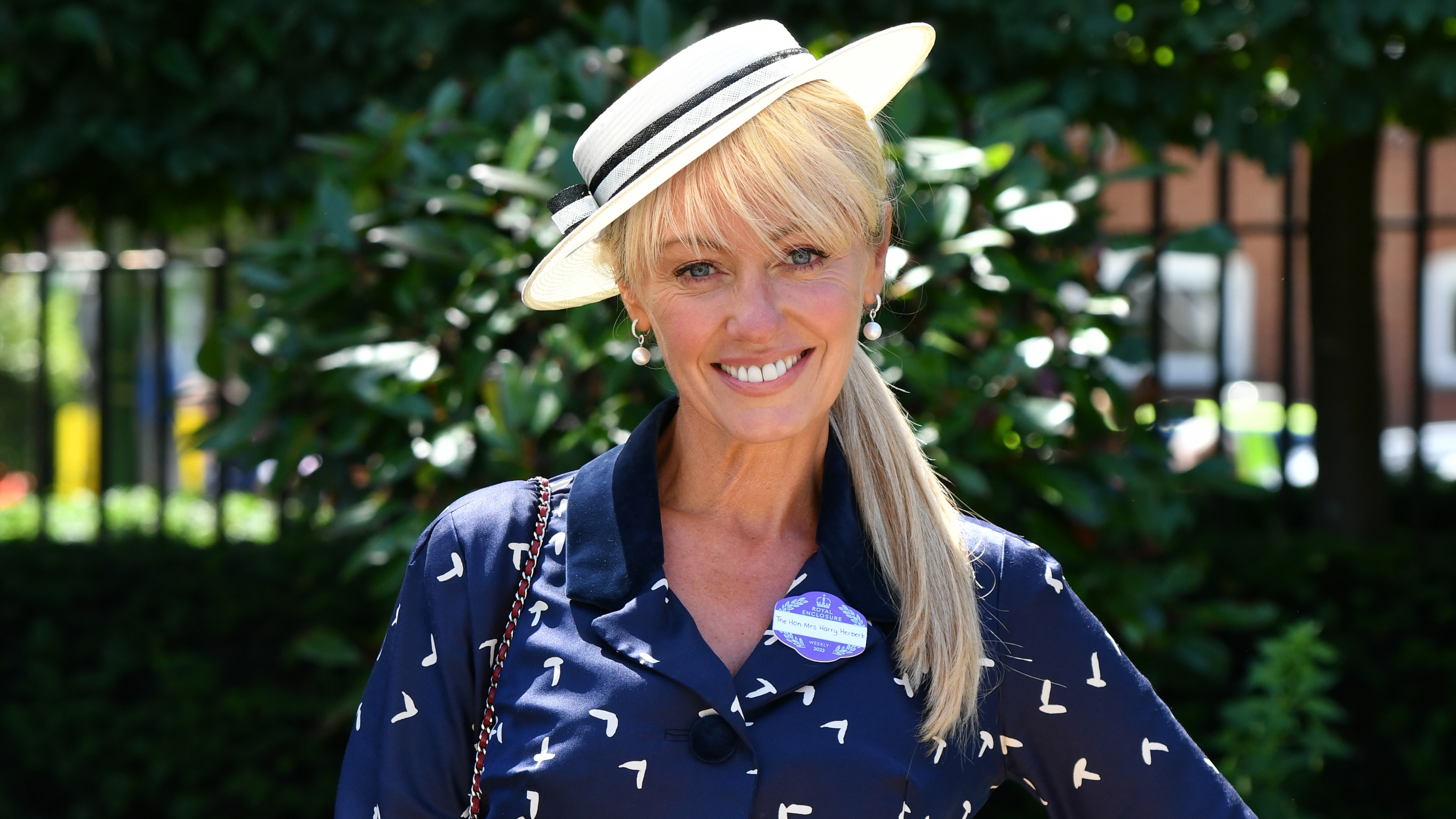 Clodagh McKenna's lemon-yellow apron makes this overlooked essential a key part of her outfit - and it matches her kitchen
Clodagh McKenna's lemon-yellow apron makes this overlooked essential a key part of her outfit - and it matches her kitchenWe’ve all heard of matching your shoes to your handbag, but Clodagh McKenna has taken colour-coordination to another level.
By Emma Shacklock Published
-
 What self-tan does Kate Middleton use to achieve her natural-looking golden glow?
What self-tan does Kate Middleton use to achieve her natural-looking golden glow?The Princess of Wales is never seen without an effortlessly radiant, golden complexion
By Sennen Prickett Published
-
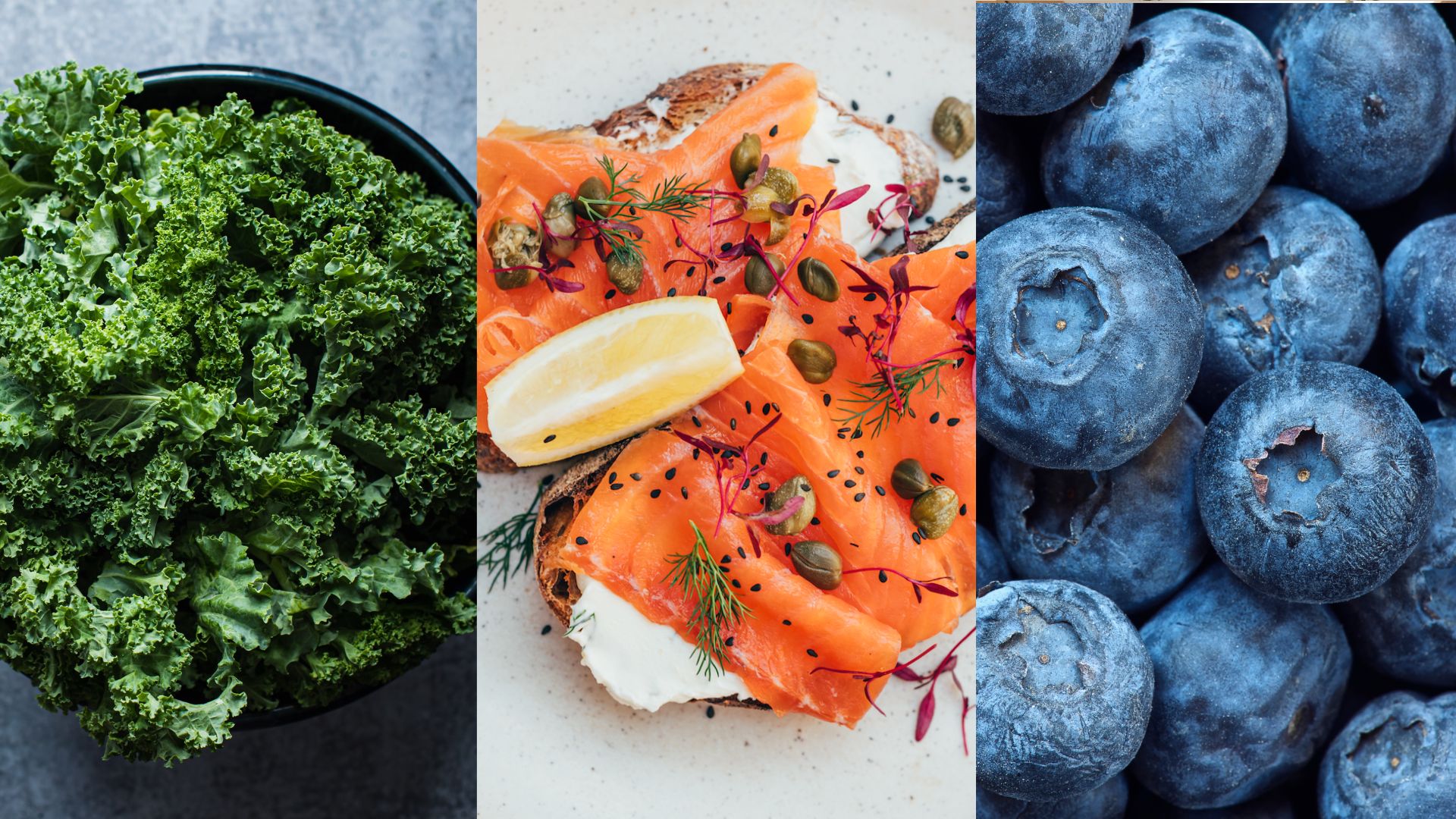 Nourishing skin-friendly foods for a glowing complexion
Nourishing skin-friendly foods for a glowing complexionAs well as the products in your bathroom, munching on skin-friendly foods is the key to a beautiful visage...
By Lauren Clark Published
-
 How to be more productive when you feel tired
How to be more productive when you feel tiredBeing productive when you haven't had enough sleep can be tricky. Here, we reveal the tips to stay focused
By Grace Walsh Published
-
 How to create a life-enhancing morning routine
How to create a life-enhancing morning routineOur expert guide to a morning routine that will set you up for the day
By Lauren Hughes Published
-
 How to be a mental health ally, so you can better support those who are struggling
How to be a mental health ally, so you can better support those who are strugglingBeing a mental health ally is an important role - but here's what you need to know...
By Lauren Clark Published
-
 These are the ultra-processed foods to avoid in your diet
These are the ultra-processed foods to avoid in your dietUltra-processed foods (UPFs) are products that contain ingredients you wouldn't typically find in a normal kitchen - but some on this list may surprise you
By Grace Walsh Published
-
 The best cholesterol-lowering foods to incorporate into your diet
The best cholesterol-lowering foods to incorporate into your dietAdd these delicious cholesterol-lowering foods to your basket...
By Lauren Clark Published
-
 32 essential hiking tips for beginners to get onto the trails or into the mountains
32 essential hiking tips for beginners to get onto the trails or into the mountainsIf you're new to hiking, having a list of need-to-knows can make all the difference and help boost your confidence on the trails
By Grace Walsh Published
-
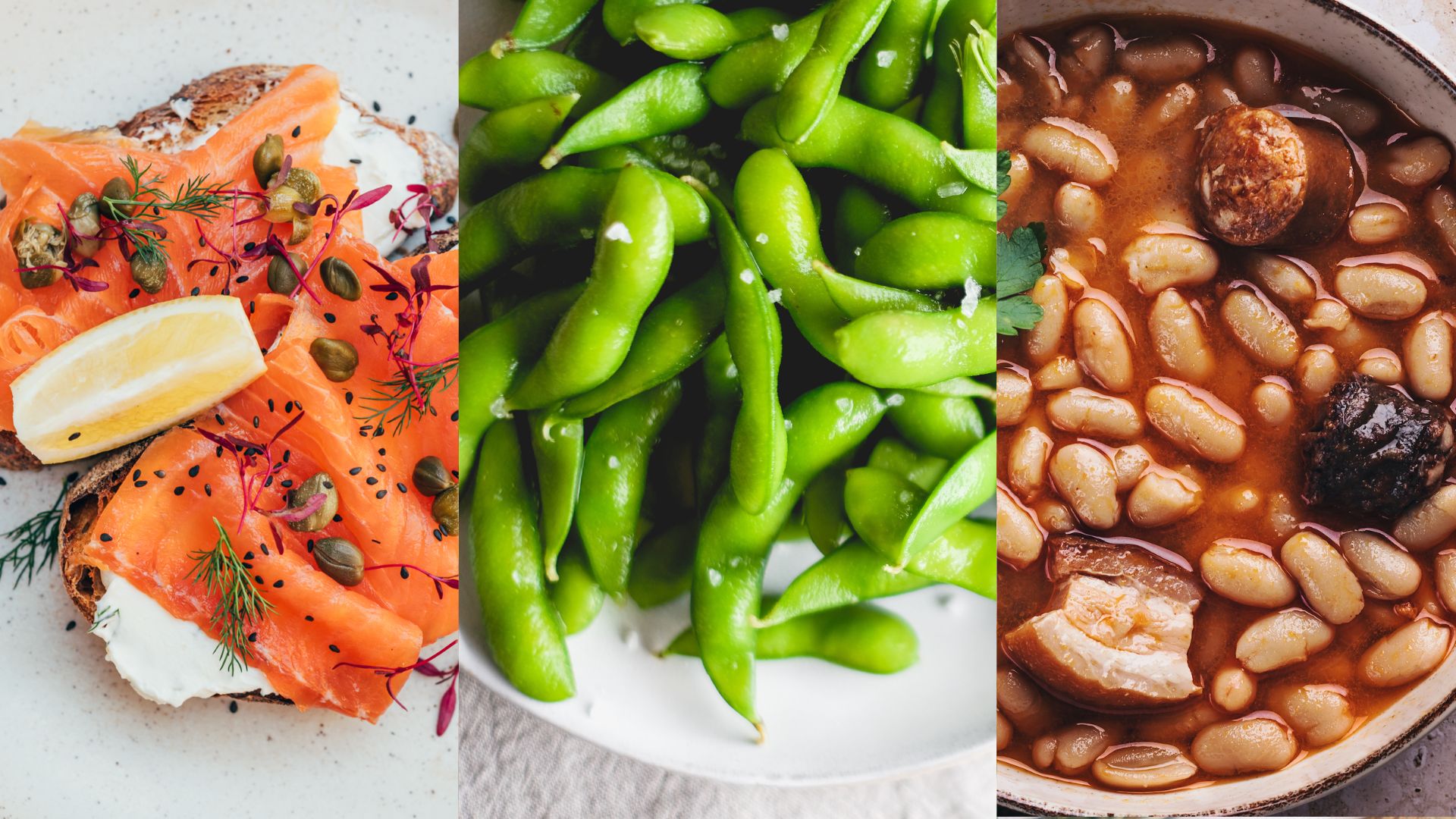 32 high-protein foods to keep you full for longer
32 high-protein foods to keep you full for longerWant to fuel your body properly? These naturally high-protein foods will power you through the day...
By Lauren Clark Published